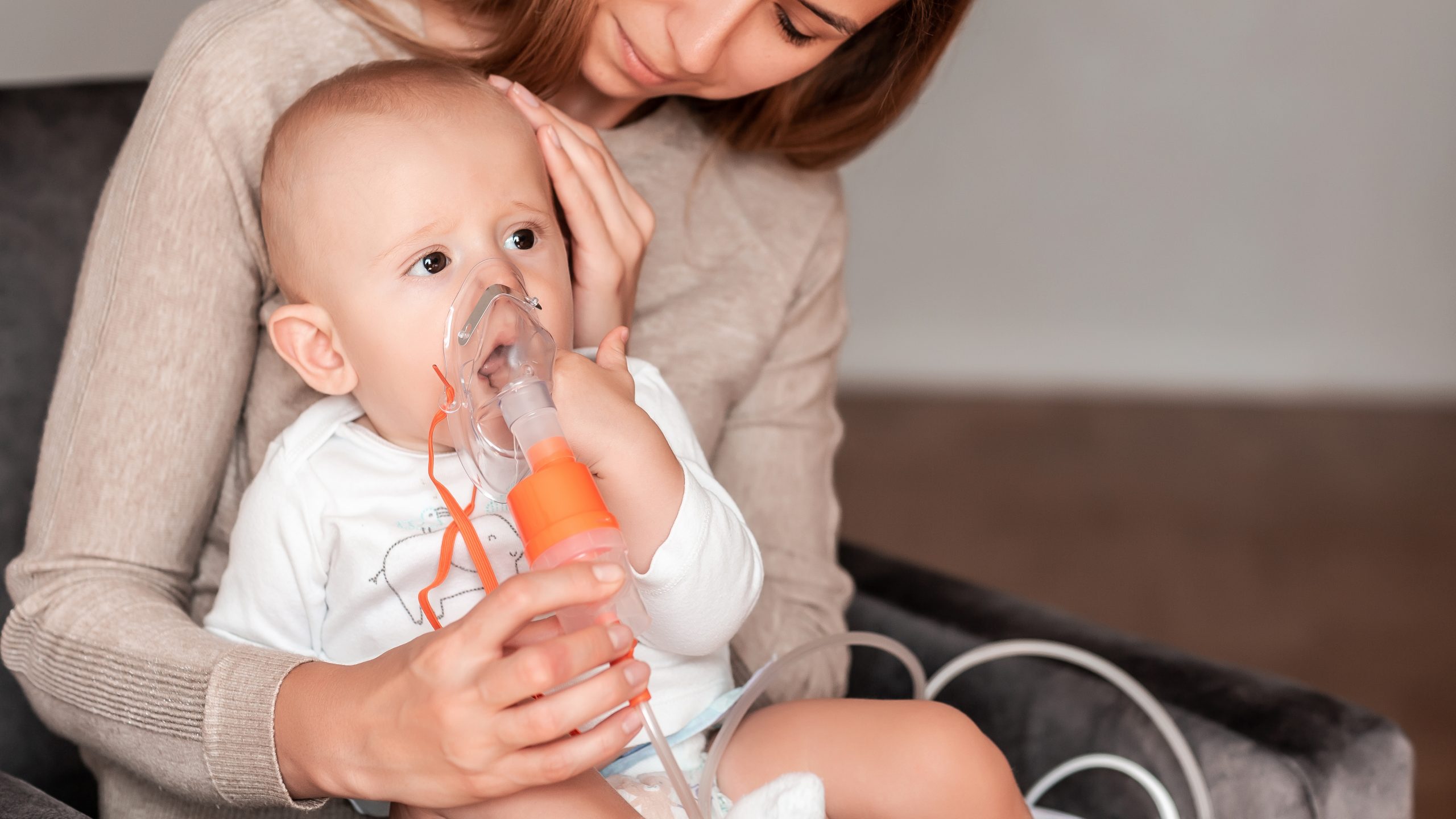
Health agencies across the country are sounding the alarm over a potentially severe “tripledemic” this fall and into winter. The term tripledemic describes three viruses- influenza, respiratory syncytial virus (RSV) and covid- emerging in the population at the same time this winter.
Due to covid restrictions over the past two years a growing number of young children are going to the emergency room this year, as they lack immunity from prior infection, said Dr. Elizabeth Schlaudecker, clinical director of the Division of Infectious Diseases at Cincinnati Children’s Hospital. 71 percent of pediatric hospitals are full nationwide due to flu and RSV cases. This is the highest capacity recorded in the past two years.
This early uptick in ER and clinic visits has officials worried. In the general population covid, flu and RSV are usually mild and run their course without the need to seek medical attention. However, in the very young, immune compromised, those with asthma or other preexisting respiratory conditions and the elderly these viruses can be serious and even life threatening.
Prevention
Along with hand washing, disinfecting surfaces, staying home when sick and covering your face when you cough or sneeze there are a few proactive measures you can take to strengthen yours and your loved ones immune system and prevent or decrease severity.
- Healthy diet, include berries, leafy greens, probiotic rich foods such as kefir and sauerkraut to strengthen your immune system. Avoid sugar as this lowers immunity Between 70-80 percent of your immune system is housed in the intestines. Keeping your gut healthy increases your chances of fighting infections and recovering from illness.
- Practice good oral hygiene. Viruses such as covid, flu and RSV are harbored in your respiratory track, which meets your oral cavity. Frequent tooth brushing and colloidal silver mouth rinses can help reduce pathogens and allow your immune system to deal with the viruses.
- Stay hydrated with water. Avoid sodas and other sugary drinks. Our bodies need adequate water to maintain health.
- Limit or avoid alcohol altogether. Alcohol decreases immune function.
- Have your vitamin D levels checked. Supplement with a vitamin D and k2 combination formula if levels aren’t adequate. Vitamin D can help fight infection.
- Get good quality sleep. In our culture, sleep is often overlooked as important to health. However, during your sleep cycles the body repairs itself. Wifi, cellphone radiation, LED lighting, eating before bed, and not going to bed on a consistent schedule all contribute to poor sleep quality. Be sure to put your phone on airplane mode and turn off wifi. Avoid eating at least 3-4 hours before bedtime.
- Consider purchasing a portable Hepa filter with UV light. These units help clean the air and kill pathogens that circulate through the light and filters.
- Physical activity increases immune function. Even 30-minute walks increase immune function. Aim for 5 days a week. The fresh outdoor air is also a good mood booster.
- Disinfect surfaces-countertops, remote controls, gaming consoles, door handles, car interior surfaces etc.
- Wash clothing and bedding in hot water and dry on highest heat if able.
- Don’t share cups, glasses or eating utensils.
- Wash children’s toys and disinfect after each use.
- Wipe down computer mouse and keyboard with a disinfectant wipe after each use.
- Avoid crowds or social functions if there are widespread cases of flu, covid or RSV- especially the at-risk population. (Immune compromised, asthmatic, elderly)
- The CDC has a vaccination schedule available on their website for covid and seasonal influenza. There is currently no vaccine available for RSV.
Did you know
Most pneumonias are viral. Viruses do not respond to antibiotic treatment. However, pneumonia can start out as viral and over time can develop into a secondary bacterial pneumonia. Azithromycin, one of the antibiotics in the Jase case can treat bacterial pneumonia.
- Brooke Lounsbury
Medical Content Writer
Lifesaving Medications
Recent Posts
Keeping you informed and safe.
FAQ: Our most commonly asked questions about Jase
If you’re considering Jase, chances are you’ve paused and thought, “This makes sense, but I still have a few questions.”You’re not alone. Here are the most common ones we hear, answered plainly. Is this really doctor-prescribed? Yes. Every Jase order is reviewed by a...
Medical Readiness: What Really Kills First
When Disaster Strikes, It’s Not Hunger or Thirst That Takes the First Lives In every disaster zone, from hurricanes in the Caribbean to war zones in Ukraine, the pattern is the same. People worry about food and water, but it’s infection that kills first. A small wound...
Exploring Dr. William Makis’ Hybrid Orthomolecular Cancer Protocol: Focus on Ivermectin and Mebendazole/Fenbendazole
Exploring Dr. William Makis’ Hybrid Orthomolecular Cancer Protocol: Focus on Ivermectin and Mebendazole/Fenbendazole *Disclaimer: This article is for educational purposes and does not constitute medical advice. Always seek professional guidance.* In the evolving...




